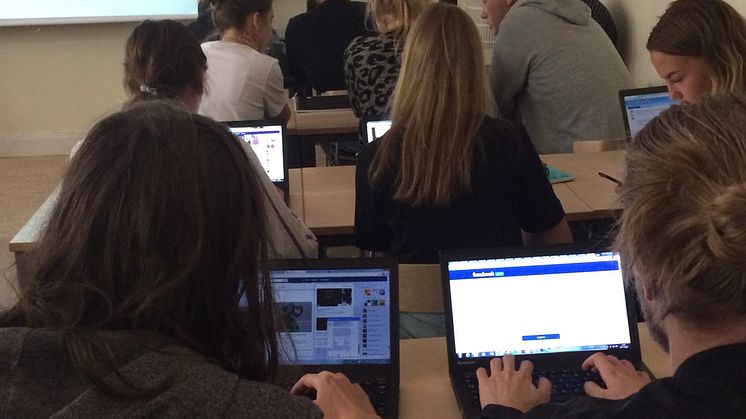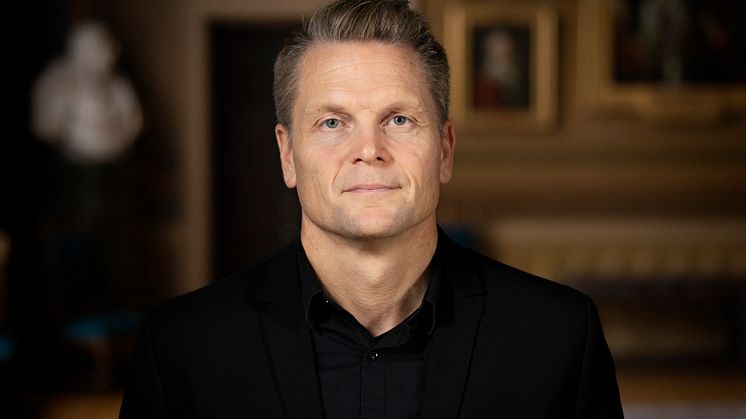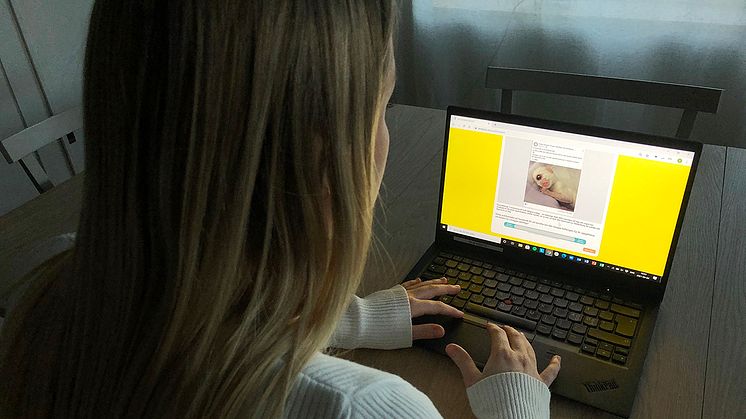
Press release -
Source criticism in school requires more than isolated interventions
Strengthening school students’ resilience to disinformation requires more than isolated interventions on source criticism. A new study from Uppsala University shows that short teaching interventions on disinformation have no long-term effect on upper secondary school students’ ability to distinguish between credible and misleading news.
The results are now published in the scholarly journal PLOS One and are based on a study of 459 Swedish upper secondary school students.
The study, supported by the Swedish Institute for Educational Research, is one of the first to systematically examine the long-term effects of different teaching models against misinformation and disinformation in ordinary classrooms. Three types of interventions have been compared: a game about propaganda and manipulation on social media (Bad News), a digital workshop on fact-checking (News Evaluator) and subject-specific lesson segments in social sciences, history, psychology, science and art.
Three types of interventions have been compared:
– Bad News, an online game where students in pairs try out spreading disinformation themselves during a lesson. By using strategies such as emotional manipulation, trolling and polarisation, they learn to recognise common propaganda techniques. A concluding class discussion deepens their understanding.
– The News Evaluator, a digital self-test where students individually practise assessing the credibility of news. The test takes about 20 minutes to complete and is followed by a joint class discussion on the challenges of current news feeds.
– Subject-specific lesson segments, spread over three lessons in the subjects of social sciences, history, psychology, science and art. The focus was on integrating source criticism into subject teaching using authentic examples and subject-relevant discussions.
Despite previous research suggesting that such interventions can have short-term effects, the new study shows little improvement in students’ source criticism skills three months after the interventions. The students’ use of digital tools such as reverse image search remained low and most still had difficulty identifying misleading information. On the other hand, the study showed that students who considered it important to have access to credible information, and those who valued democratic ideals highly, were better at identifying true and false information.
“The results show that isolated lessons or games are not enough. Strengthening young people’s resilience to disinformation requires more long-term and integrated teaching strategies. Schools have a central role in equipping young people for life in a public sphere where digital source criticism is crucial for democratic participation. Source-critical exercises need to come up regularly and in different ways in teaching in different subjects,” says Professor Thomas Nygren of Uppsala University, who conducted the study.
Teachers want tried and tested material
Over the years of working on the News Evaluator platform and on how young people develop source criticism, he has repeatedly encountered teachers asking for tried and tested materials to teach complex issues such as disinformation. The News Evaluator provides ready-made lesson plans, slideshows and teacher guides for all five subjects used in the study. Developed in close cooperation between researchers and teachers, the material aims to support the teaching of digital source criticism in a concrete way and to counter misleading information and disinformation.
“Now we have resources that are scientifically tested and easy to use in the classroom. To facilitate this, all teaching materials from the study are freely available to teachers,” says Nygren.
Reference: Nygren, T., & Efimova, E. (2025). Investigating the Long-Term Impact of Misinformation Interventions in Upper Secondary Education. PLOS One. DOI 10.1371/journal.pone.0326928
For more information, please contact:
Thomas Nygren, Professor of History and Civics Education, Department of Education, Uppsala University, e-mail: nygrenth@gmail.com ; thomas.nygren@edu.uu.se, phone: +46-73-646 86 49
The teaching material The News Evaluator (Nyhetsvärderaren)
Topics
Categories
Founded in 1477, Uppsala University is the oldest university in Sweden. With more than 50,000 students and 7,500 employees in Uppsala and Visby, we are a broad university with research in social sciences, humanities, technology, natural sciences, medicine and pharmacology. Our mission is to conduct education and research of the highest quality and relevance to society on a long-term basis. Uppsala University is regularly ranked among the world’s top universities. www.uu.se


